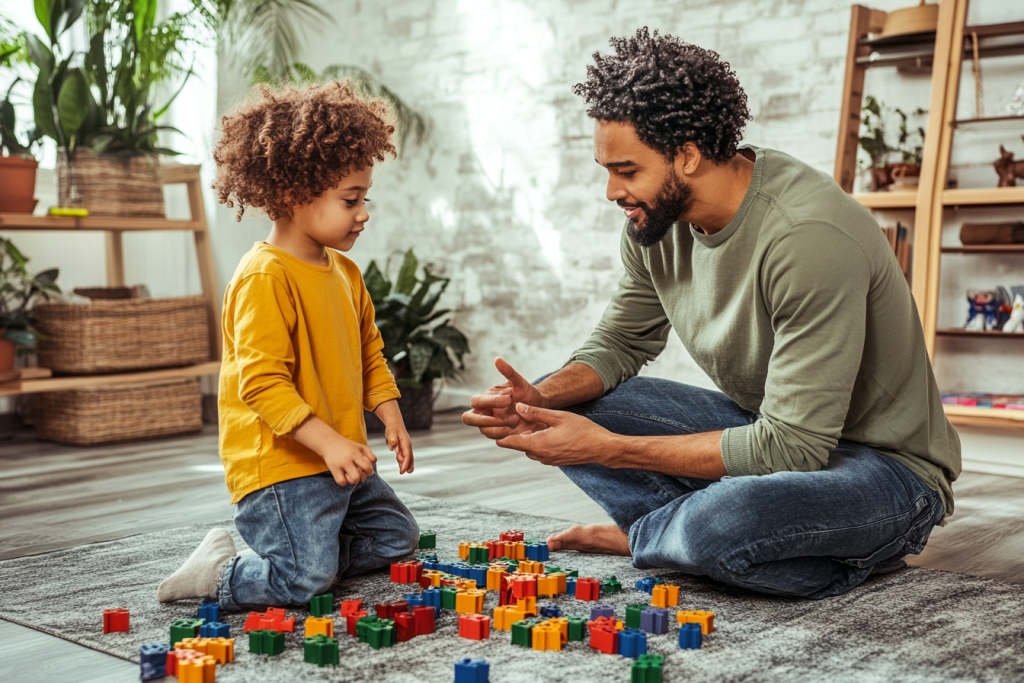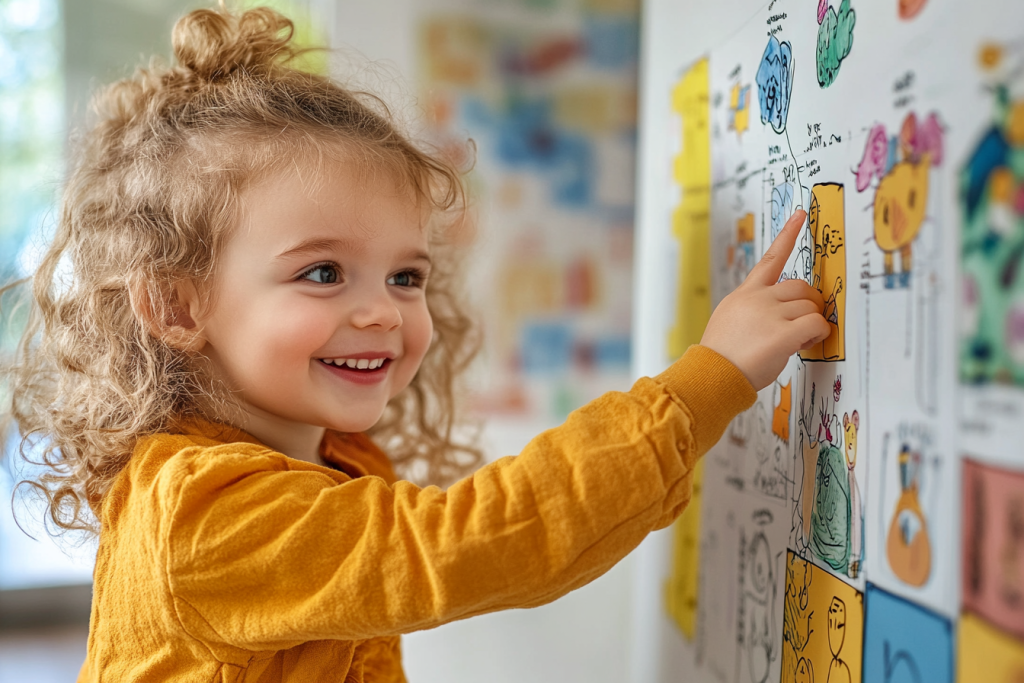Children thrive in environments where discipline is rooted in love, not fear. Gentle ways to shape great behavior involve understanding your child’s needs, guiding them with empathy, and building strong emotional connections.
When parents prioritize calm communication, respect, and consistency, children learn to regulate their actions and make wise choices.
Understand the Root of Behavior
Behavior Is Communication
Every tantrum, defiance, or outburst signals an unmet need—tiredness, hunger, overstimulation, or a desire for connection. Ask yourself, “What is my child trying to express?”
Stay Curious, Not Controlling
Instead of reacting, observe. A calm “Tell me what’s going on” can open dialogue. Curiosity diffuses conflict and invites cooperation.

Set Clear and Kind Boundaries
Be Consistent and Predictable
Boundaries provide emotional safety. Use clear, age-appropriate rules, such as “We use gentle hands” or “Toys stay on the floor.”
Follow Through Without Threats
Instead of saying, “Stop or I’ll take it away,” say, “If the toy is thrown, I’ll hold it until later.” Gentle firmness earns trust.
Connect Before You Correct
Enter Their World
Before redirecting, join their experience. Sit with them, observe, and then guide. A child who feels connected is more likely to cooperate.
Use Touch and Eye Contact
A gentle hand on the shoulder and eye-level attention help your child feel secure and open to feedback.
Teach Instead of Punish
Offer Natural Consequences
If crayons are used on the wall, help clean it together. This teaches accountability without shame.
Turn Mistakes Into Learning
Say, “What can we do differently next time?” Help your child reflect and problem-solve instead of fearing consequences.

Model the Behavior You Want
Your Actions Speak Loudest
Children mimic how you handle stress, solve problems, and treat others: model calm speech, respectful disagreement, and kindness in daily life.
Narrate Your Choices
“I feel frustrated, so I’m going to take a breath.” This teaches emotional regulation and shows that feelings are manageable.
Use Positive Reinforcement
Notice the Good
Say, “I noticed how gently you shared,” or “You waited so patiently.” Catching positive behavior builds self-esteem and reinforces cooperation.
Celebrate Effort, Not Perfection
Focus on progress, not outcomes. “You’re trying so hard to stay calm—that’s amazing.” This motivates without pressure.
Avoid Power Struggles
Offer Choices Within Limits
Say, “Would you like to brush your teeth before or after pajamas?” Choices empower your child while still maintaining structure.
Stay Calm When Challenged
If your child refuses, stay neutral. “You’re having a hard time following the rule. Let’s take a break and try again.” Calm invites reflection.
Build Routines That Support Behavior
Create Predictable Transitions
Use songs, timers, or visual cues to ease transitions between tasks. Predictability reduces resistance.
Anchor the Day With Rituals
Morning and bedtime routines provide emotional structure, making daily behavior smoother.

Offer Empathy During Difficult Moments
Acknowledge Big Emotions
Say, “I see you’re upset.” Before teaching, let your child feel understood. Empathy softens resistance and strengthens trust.
Stay With Them Calmly
Offer a silent presence when words escalate tension. Your steady energy is often more soothing than solutions.
Repair and Reconnect Often
Apologize When Needed
Saying, “I lost my patience, and I’m sorry,” models accountability. Children trust caregivers who repair relationships sincerely.
Rebuild With Kindness
After conflict, play together, share a snack, or read a book. Connection heals and resets your bond.
Empower Your Child With Responsibility
Give Them Helpful Roles
Let them help cook, set the table, or care for a sibling. Responsibility teaches cooperation, patience, and pride.
Acknowledge Their Contribution
Say, “You’re helping our family.” Feeling useful reinforces positive behavior and emotional maturity.
Conclusion
Shaping great behavior doesn't require punishment. It requires presence, empathy, and respect. Gentle ways to shape great behavior focus on understanding, guiding, and nurturing, not controlling. With mindful parenting, you raise emotionally aware, confident, and kind children.

